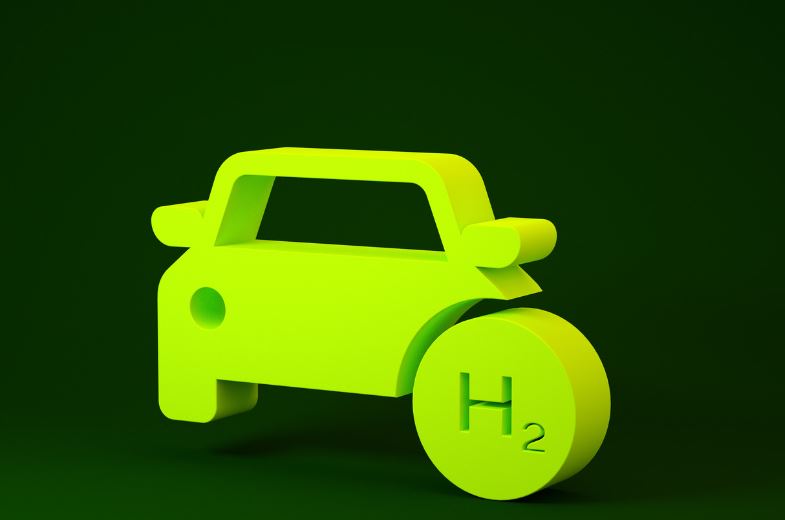Bramble Energy has recently concluded a project aimed at propelling the UK’s automotive sector towards electrification.
Under the Advanced Propulsion Centre’s (APC) Scale-up Readiness Validation (SuRV) programme, Bramble Energy secured £1.8 million in funding in September 2022. The objective was to develop an optimised fuel cell stack assembly capable of producing up to 2,000 50 kW stacks annually. Remarkably, Bramble Energy achieved this milestone within a span of fewer than two years at its headquarters and Hydrogen Innovation Hub in Crawley.
A noteworthy aspect of Bramble Energy’s project completion is the streamlining of the fuel cell stack assembly process. Through the design of their trademarked Printed Circuit Board Fuel Cell (PCBFC™), the company integrated the membrane electrode assembly into unitised PCB modules, thereby enhancing efficiency and reducing production complexities.
Of particular significance is Bramble Energy’s achievement in proving its low-cost production roadmap, targeting $100/kW at 2,000 x 50 kW stacks/year (100 MW/year). This substantial reduction in manufacturing costs underscores the company’s commitment to advancing cost-effective and scalable fuel cell technology.
In addition to their SuRV success, Bramble Energy secured funding for the Hydrogen Electric Integrated Drivetrain Initiative (HEIDI). This project aims to provide innovative fuel cell technology for a new hydrogen-powered double-deck bus, aligning with the UK government’s ambitions to phase out petrol and diesel car sales by 2035.
The completion of Bramble Energy’s SuRV project reflects broader industry trends towards enhancing the efficiency and scalability of fuel cell production. As automotive fuel cell costs have decreased by 70% since 2008, initiatives like SuRV contribute to accelerating the adoption of clean energy solutions in transportation.
